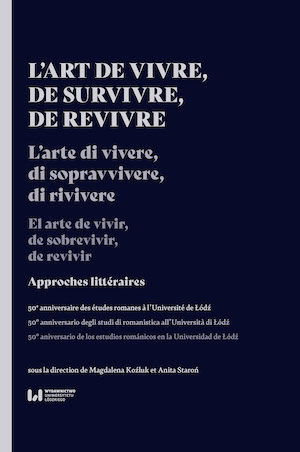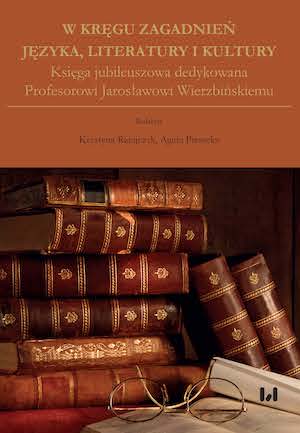
La jalousie dans "Les Diversitez" de Jean-Pierre Camus
Literary career of Jean-Pierre Camus started with his admiration for Montaigne’s “Essais” which became the pattern of his first work, “Les Diversitez”. The tome IX of this rich collection of various forms concerns passions of the soul and scholars are unanimous in considering it as the foundation of his religious teaching, both by word and by writing. Contrary to medical and moral thought in force at the threshold of modernity, the bishop of Belley believes passions are neutral, neither good nor bad, and acquire their meaning by the use man makes of them. This is in particular the case of jealousy which the writer understands as an effect of love. Yet in his treaty of passions the author describes on just several pages only the jealousy of God and for more details he refers the reader to two other places of “Les Diversitez” where, he says, he has already raised the issue of this feeling. In fact, a chapter of the tome II and a letter of the tome VIII deal with the problem of human jealousy. This paper first shows different discursive forms that Camus uses to analyze jealousy. Then it focuses on the author’s definition of jealousy, ‘desire for exclusive possession of the loved object’, and on its effects – often tragical, always painful – in the daily life of spouses. Finally, it appears that the author’s taste for dichotomous presentation of passions leads him to childish images of jealous God and implicitly to an inacceptable hypothesis of jealousy of the creature in front of a supposedly unfaithful God.
More...
